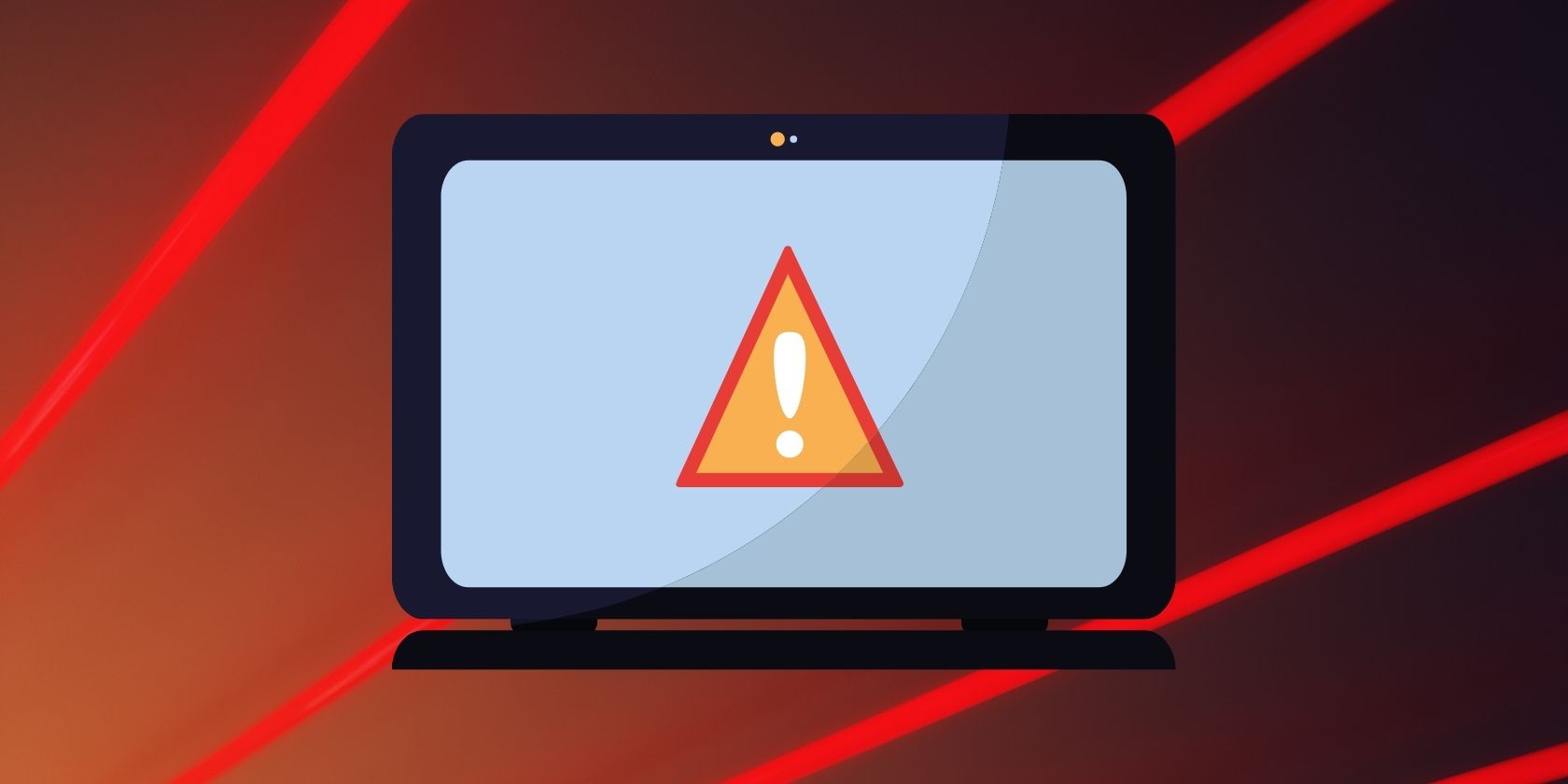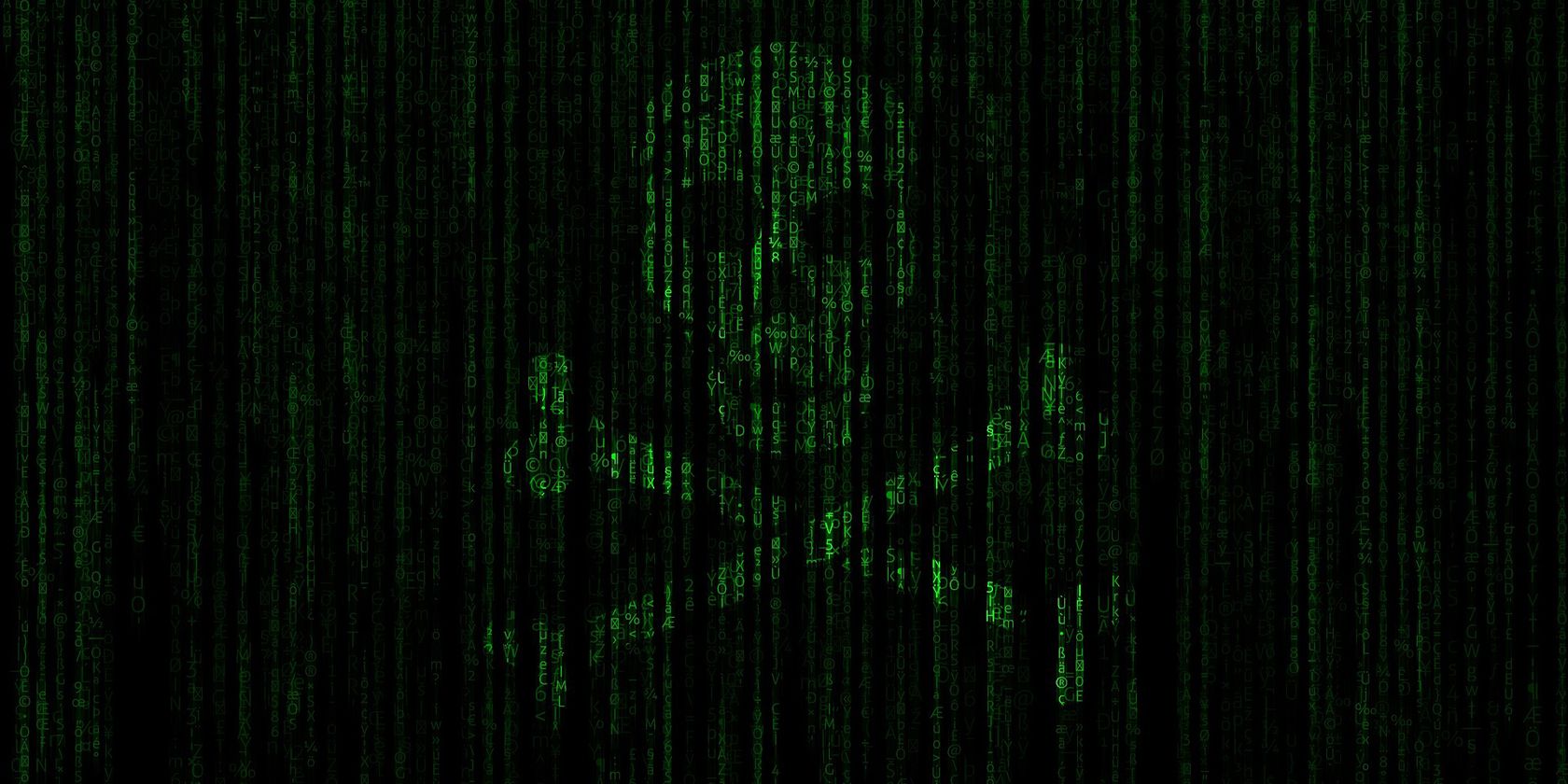You may have noticed some media outlets mentioning "Killware" as the next biggest cybersecurity threat.
But is it something dangerous than ransomware? What exactly is it? Should you be worried about it?
In this article, let us take a quick look at what it means.
What Is Killware?
According to one article, Killware is described as a form of cyberattack that can 'end lives.' But are cyberattacks labeled as per their intentions?
Technically, no. In fact, 'Killware' is just a catchy term used to describe cyberattacks that intend to cause harm.
Should "Killware" Be Considered a Cyberattack?
As per a report by Malwarebytes, killware is just an unnecessary term to describe a cyberattack.
They further explain that the cybersecurity vendors do not categorize attacks based on their intentions, and they do not use terms like this, which could cause panic among netizens.
Accurately, any cyberattack can have the potential to cause harm. For instance, an attacker gaining access to a medical facility or chemical factory can extract data while increasing the chance to physically harm people with the disruption caused.
While the malicious actors may not intend to cause direct physical harm, disruptions to the system caused by a ransomware attack could lead to loss of life. Hence, labeling something as "Killware" wouldn't classify an attack as accurate to its purpose.
It is also worth noting that consumers/customers looking for antivirus products may be swayed away because it does not defend against "killware."
While it is already difficult to convince every user to keep things secure, the term killware will cause unnecessary confusion and add more emotional stress to end-users.
What Should You Do When You Notice a "Killware" Warning?
Considering that this term has already been tossed online, it can be leveraged to fool you or cause panic by an attacker.
So, if you see something on the internet that warns you about "Killware" and asks you to take action, you can safely ignore the warning and focus on updating the security of your devices.


